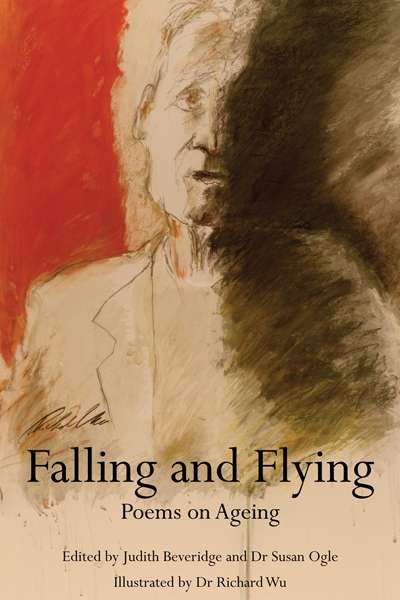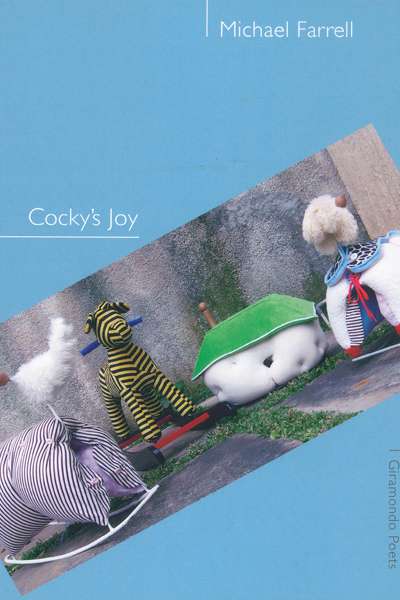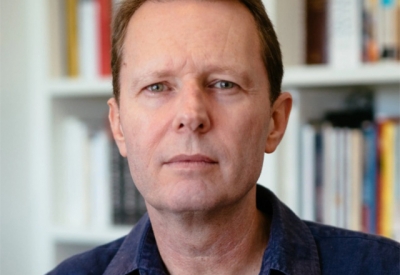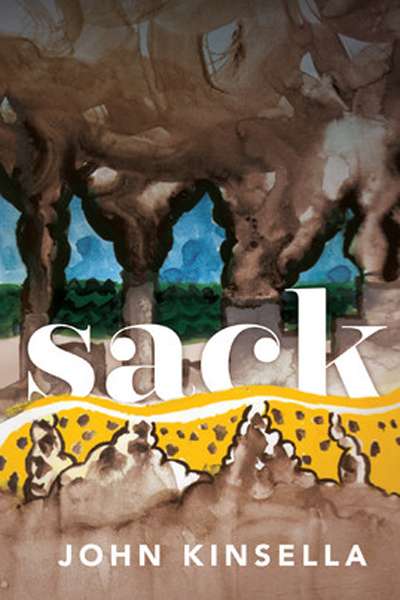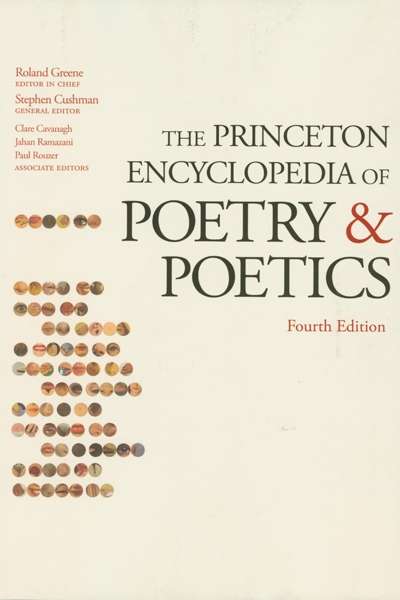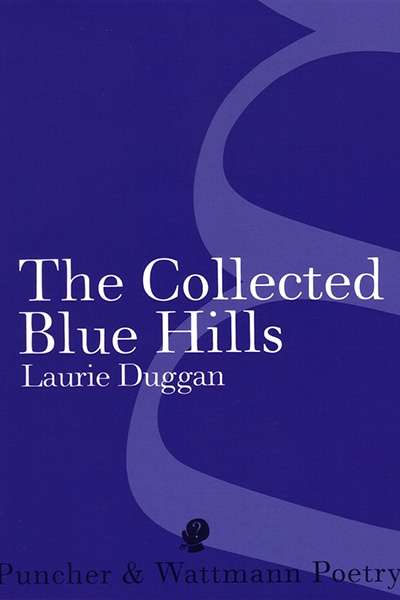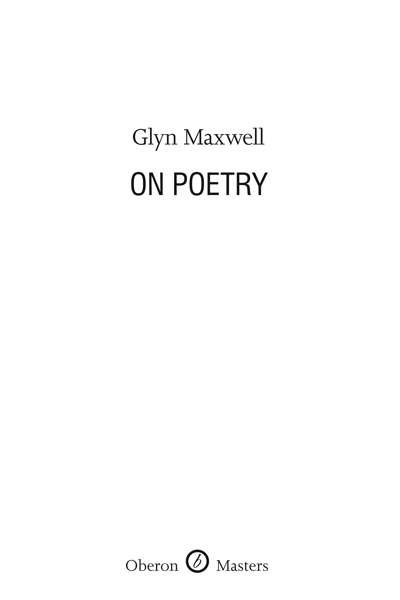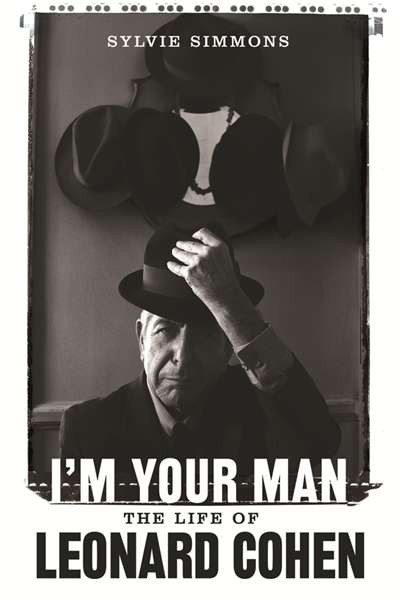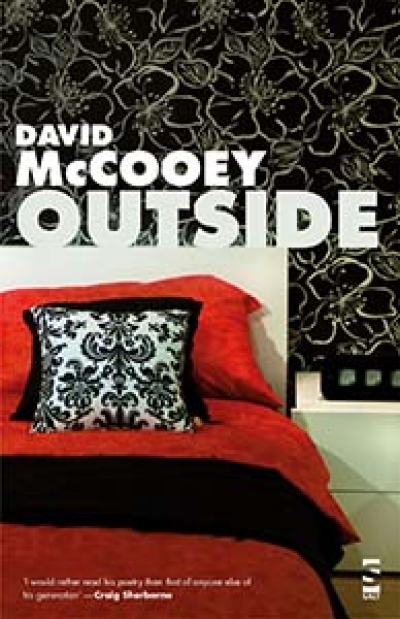David McCooey
Falling and Flying: Poems on Ageing edited by Judith Beveridge and Susan Ogle
by David McCooey •
Jennifer Maiden's The Fox Petition: New Poems (Giramondo) conjures foxes 'whose eyes were ghosts with pity' and foxes of language that transform the world's headlines
... (read more)When writing and recording music, I often just start with a technical ‘problem’. (How does parallel compression work? What does this plug-in do?) In contrast, the low-tech and ‘invisible’ nature of writing tends not to engender such creative problem-solving, so I admire those writers, such as John Tranter, who can embrace ‘proceduralist’ strategies.
... (read more)The Princeton Encyclopedia of Poetry and Poetics, Fourth Edition edited by Roland Greene et al.
by David McCooey •
I'm Your Man: The Life of Leonard Cohen by Sylvie Simmons
by David McCooey •

